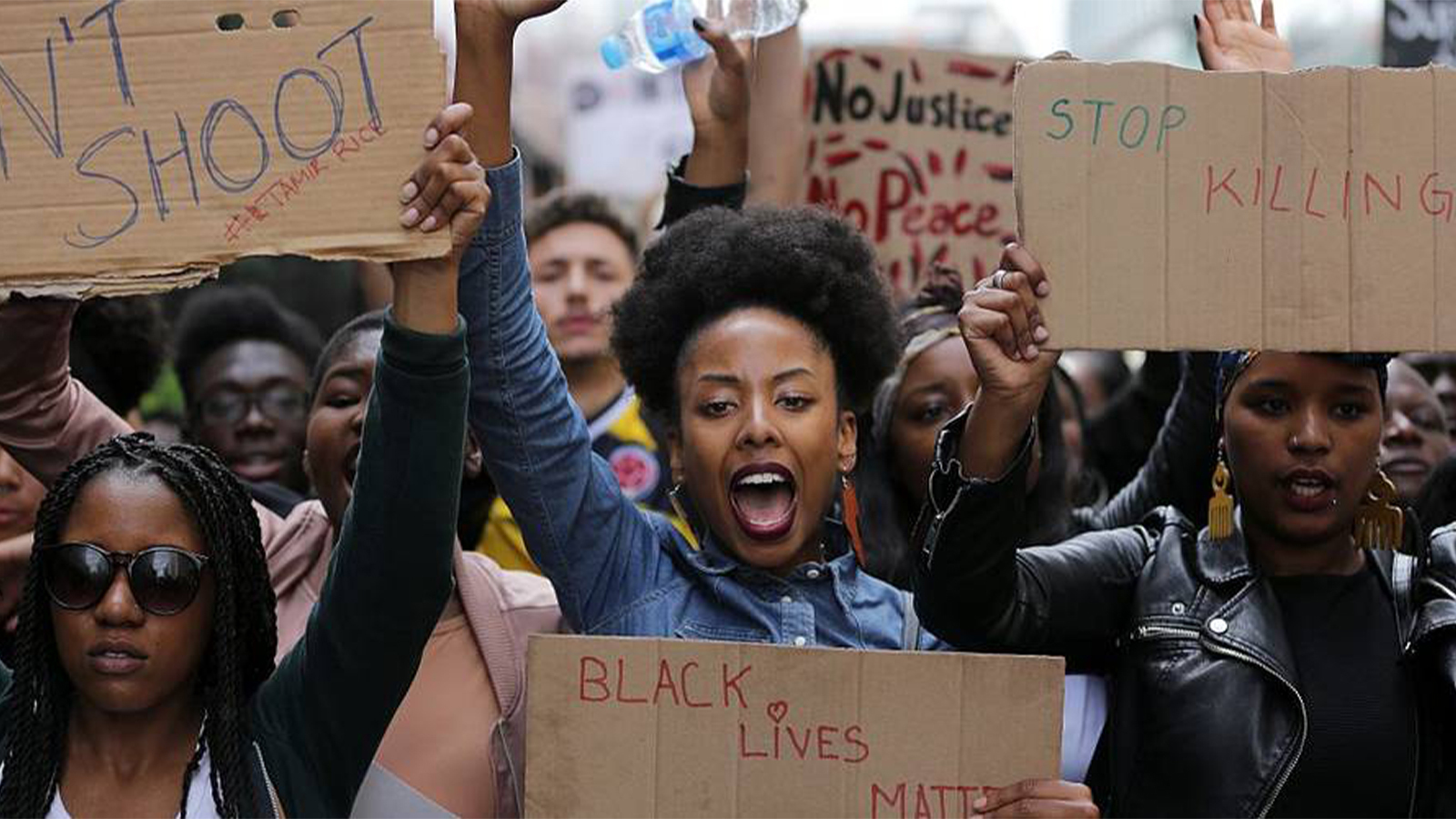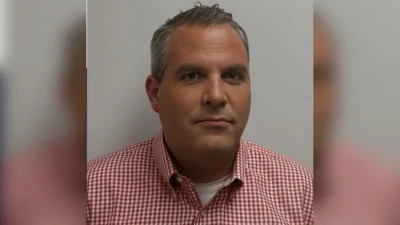An increasing number of states consider pushing out bills to regulate the use of the critical race theory topic in schools. | https://twitter.com/437Ints/status/1046369812014927874/photo/1
An increasing number of states consider pushing out bills to regulate the use of the critical race theory topic in schools. | https://twitter.com/437Ints/status/1046369812014927874/photo/1
Citizens for Renewing America published a guide on how to combat critical race theory soon after Iowa’s state Gov. Kim Reynolds signed a bill opposing the civil rights academic movement that would prohibit schools across the state from promoting race essentialism, collective guilt, state-sanctioned racism and other core tenets of critical race theory.
“That's a common refrain that you'll hear, is that the country has progressed,” NPR’s Podcast Producer Barbara Sprunt said. “And in order to move forward, conversations about race and racism just divides us.”
The legislation wouldn’t prevent discussions on slavery, sexism, racial oppression or discrimination. CRT offers various perspectives on how public policy is influenced by racism. The passing of Iowa’s anti-CRT legislation has added fuel to the fiery discussion about the concept, with liberals and conservatives serving by sharing opposing thoughts. While liberals believe the topic will shine light on the hardships some racial groups go through, conservatives believe the ideology is meant to divide Caucasians from the rest of the country’s racial groups.
The purpose of the movement has been further highlighted by a series of occurrences seen in the last few decades, such as housing segregation, the consequences of the criminal justice structure in the 90’s, and race-blind policies that allow single-family zoning that and neighborhoods housing a higher ratio for one racial group over the other.
The topic, which also became increasingly popular after former President Donald Trump banned federal contractors from conducting diversity training and the New York Time’s racial reform initiative, “The 1619 Project” launch, has been widely included in the curriculum for K-12 students, leading various states to seek bills to ban the inclusion, NPR reports.
"Frankly, the situations that we find arising in school after school, with parent after parent calling and texting and emailing me about what they view as indoctrination of their children in publicly funded institutions of K-12 and higher education, should shock us all," state Sen. Amy Sinclair said, as reported by MSN. The Wayne County Republican praised the Iowa Legislature last month after they passed the bill that effectively bans critical race theory from public schools.
The 33-page guide, “Combatting Critical Race Theory in Your Community,” was released on June 8. It includes three parts sections: what critical race theory is and how to identify tactics used by its proponents, how to build a network in opposition to critical race theory, and how to combine parts one and two to reclaim school boards and build a political movement.
The guide defines critical race theory as an ideology that “divides society up into groups based on race, ethnicity, sexual preference, religion, disability status, and gender, and then requires a view of society based on which groups it is divided into," as noted on the site. Critical race theory specifically targets “straight white people (especially men)” as “the oppressors” who “have systematically rigged society for their own benefit: whether the education system, the economic system, or the transportation system, all of society is rigged for the benefit of straight white men.”
The purpose of the guide is to provide a handbook for local communities seeking to prevent critical race theory from being taught to their children, primarily by supporting candidates for school board races that are anti-critical race theory, but also by helping parents bring lawsuits against schools. A section titled “Winning Back Your School Board," instructs activists to "identify a potential candidate or candidates to run for school board seats that are currently being used to perpetuate the school-sanctioned racism of CRT. Perhaps that’s you, or perhaps you have someone in mind. If not, work with your network to find and recruit candidates."
“We think of our work as win the national debate, educate at a national level, and, as you have a national debate on the issue, you will have an outpouring of legislative activity at the county level, the school board level, the state legislature level and who knows, we may have a leverage point to get something done at the federal level," Citizens for Renewing America Founder Chris Vought said, as reporter by Fox News.
The guide intends to help critical race theory’s opponents emulate local successes like that of Southlake Families PAC of Southlake, Texas, which supported anti-CRT candidates for school board, city council and mayor. All of the candidates won by margins between 30% and 70% of the vote, according to Spectrum News.
“I think that there is certainly a case to be made that some of this backlash against what conservatives and folks on the right have painted as critical race theory kind of harkens back to (last summer's racial justice protests) and gives you, I think, a really interesting window into debates that we might hear and might be covering in the 2022 midterm elections, which are not that far away,” NPR Political Reporter Juana Summers said.




 Alerts Sign-up
Alerts Sign-up